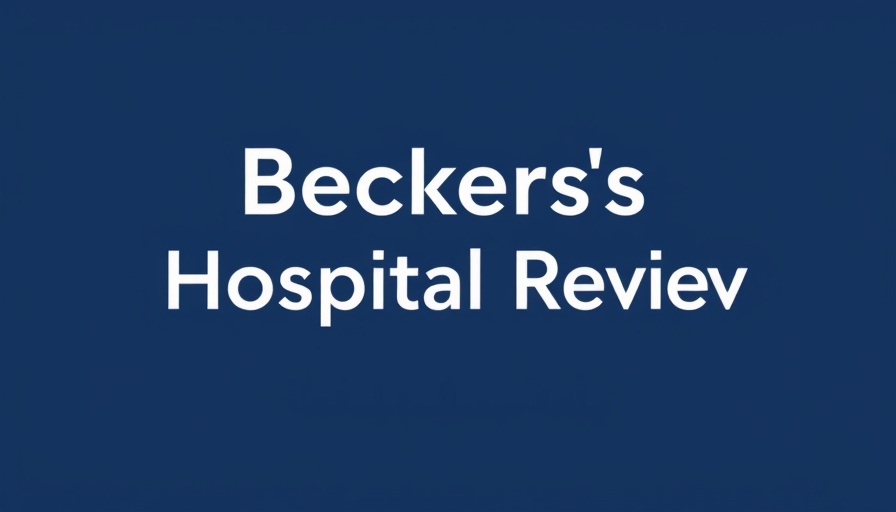
Massachusetts Sets Out to Review Beth Israel Lahey Health’s Merger
In a significant move for healthcare oversight, Massachusetts is set to review the merger between Beth Israel Deaconess Medical Center and Lahey Health, which officially became Beth Israel Lahey Health (BILH) in March 2019. This review, initiated by the Massachusetts Department of Public Health, aims to assess the impact of the merger on healthcare spending, market competition, and patient care quality.
Understanding the Scope of the Review
According to David Seltz, the executive director of the state’s health commission, the assessment is essential to ensure that BILH meets its objectives of promoting market competition and improving service quality across its network of hospitals and physicians. The review will utilize confidential data sourced from the health system and local market players, focusing not only on financial metrics but also on patient access and quality metrics throughout the state.
Why This Merger Matters to Local Healthcare Providers
This evaluation comes at a time when independent physicians, nurse practitioners, and community healthcare providers are increasingly concerned about market dynamics that may affect their practice viability. An emphasis on promoting competition can create better conditions for independent providers who often face the challenge of competing with larger health systems.
Healthcare Spending: What the Data Might Reveal
The potentially transformative impact of this review extends to healthcare spending patterns in the region. Understanding the financial implications of BILH's services can guide independent healthcare practitioners in optimizing their own practice revenue. Practices can consider leveraging insights from the review to enhance their operational strategies, incorporating tools like practice automation and patient engagement tools.
A Window into Community Health Services
The review presents an opportunity for community stakeholders to evaluate how well BILH has expanded access to community-based services. With innovations such as remote therapeutic monitoring and digital front desk solutions gaining traction, there is an evolving landscape for providing care, especially as telehealth becomes more mainstream.
The Future: Predictions and Opportunities for Independent Providers
Looking ahead, the findings of this review could shape the way independent healthcare providers strategize their practices. By exploring new avenues such as Medicare-backed services, healthcare automation tools, and pharmacy profitability strategies, practitioners can enhance their service offerings. Additionally, embracing telehealth revenue streams could provide a crucial pathway for growth.
Call to Action: Engage with Your Community
For independent healthcare providers, this review is a call to engage more actively with local health policies and discussions. Understanding how larger health systems operate and what impacts this might have on individual practices is essential. Stay informed and consider advocating for the interests of your practice as these discussions unfold.
Conclusion: The Importance of Awareness in Healthcare
As Massachusetts embarks on this important review of the Beth Israel Lahey Health merger, it underscores the need for healthcare providers and stakeholders to remain actively involved in the changing dynamics of their industry. Keeping abreast of these developments will empower practitioners to make informed decisions that promote the sustainability of their practices.
 Add Row
Add Row  Add
Add 




 Add Row
Add Row  Add
Add 

Write A Comment